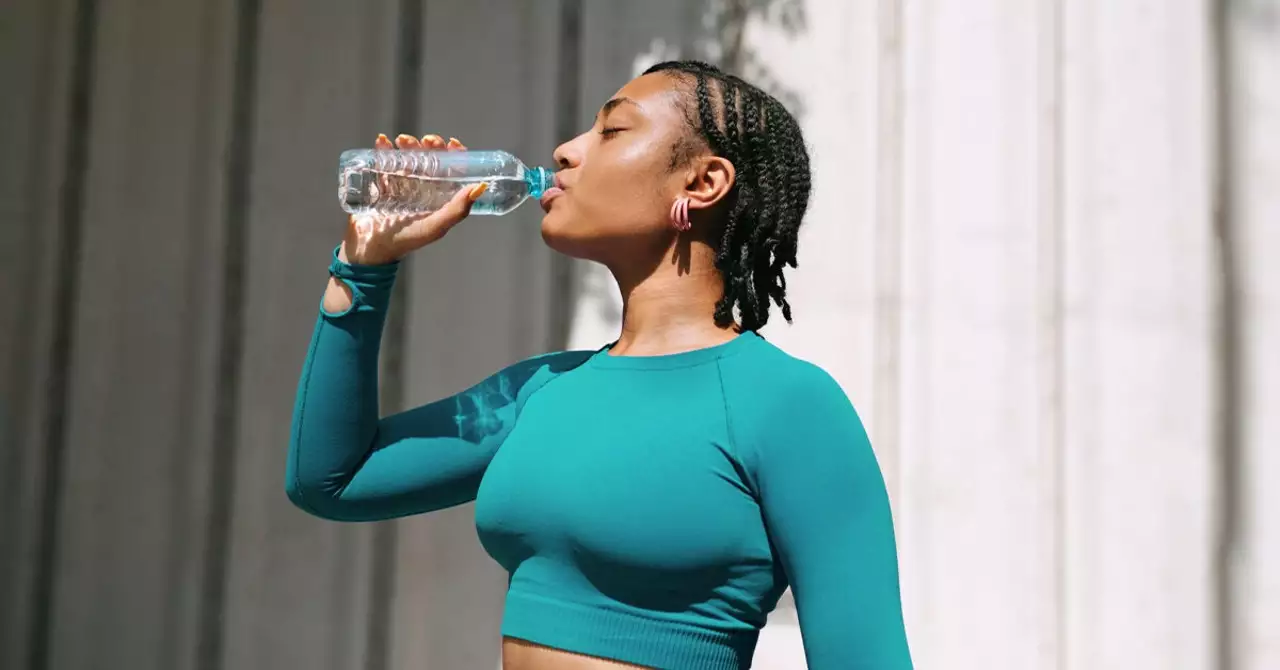Water and Your Health: Why It Matters More Than You Think
You might not pay much attention to it, but water is the single most important thing your body needs every day. Skip a meal and you'll get grumpy. Skip water, and your whole system stalls. Headaches, sluggish thinking, and even dry skin often have one simple cause—you're not drinking enough water.
Staying hydrated isn’t just about quenching your thirst. Water is the fuel for every cell. It helps your body flush out waste, keeps your temperature steady, and transports nutrients where they’re needed. If you’re taking medication or supplements, water is even more critical. Lots of pills need a full glass to work correctly—think of it as nature’s delivery truck, carting those active ingredients directly to the right spot.
If you’re on something like Coumadin (warfarin), hydration can also impact your blood’s thickness. For pain relievers and supplements, water helps prevent stomach upset and helps your body process everything smoothly. Ever notice your urine getting dark yellow when you’re not drinking enough? That’s a real, practical sign you need more water in your system. It’s not just “doctor talk”—it’s your body waving a little warning flag.
Then there’s the question of quality. Tap water, mineral water, filtered, or bottled—most folks are honestly okay with clean tap water, but make sure wherever you live, it’s safe. If in doubt, filters aren’t fancy extras; they’re peace of mind. And don’t get tricked by the myths that energy drinks, coffee, or sodas count just the same—they don’t. Caffeine has a mild diuretic effect, meaning you might lose more water than you take in.
Let’s talk real-world challenges. Busy lives mean water sometimes gets bumped down the priority list. But you can game the system. Grab a reusable water bottle and keep it on your desk or with you in the car. Every time you take a phone call or check your email, take a few sips. Eating salty or processed foods? You’ll need extra water to balance things out.
If you exercise, water helps you bounce back by replacing what you sweat out. Dehydration is a common—yet completely avoidable—reason for muscle cramps and sluggish recovery after a workout. Sports drinks? They’re only necessary if you’re running marathons or sweating buckets for hours, not for a standard 30-minute session at the gym.
For anyone dealing with chronic conditions—like diabetes, kidney issues, or heart problems—your doctor will talk about water intake. Too much can be an issue for some, but for most people, the danger comes from not drinking enough. Thirst isn’t always a reliable signal, especially as you get older or if you’re on certain meds.
Bottom line: Water matters more than most people realize, especially if you’re focused on making medications or supplements effective. Tips like setting reminders, tracking your intake with an app, or simply measuring out what you plan to drink for the day can really help. Simple, practical, and it genuinely makes a difference in how you feel each day.
Does adding water reduce alcohol percentage in a drink?
Alcohol content in drinks is a major consideration for many people. But does adding water reduce the alcohol percentage in a beverage? The answer is yes - adding water to a drink can reduce the alcohol content by diluting it. This is by far the easiest and most effective way to reduce the alcohol percentage of a drink. However, it should be noted that adding too much water may also make the beverage less flavorful. Therefore, it is important to find the right balance when adding water to drinks in order to reduce the alcohol percentage without compromising taste.
